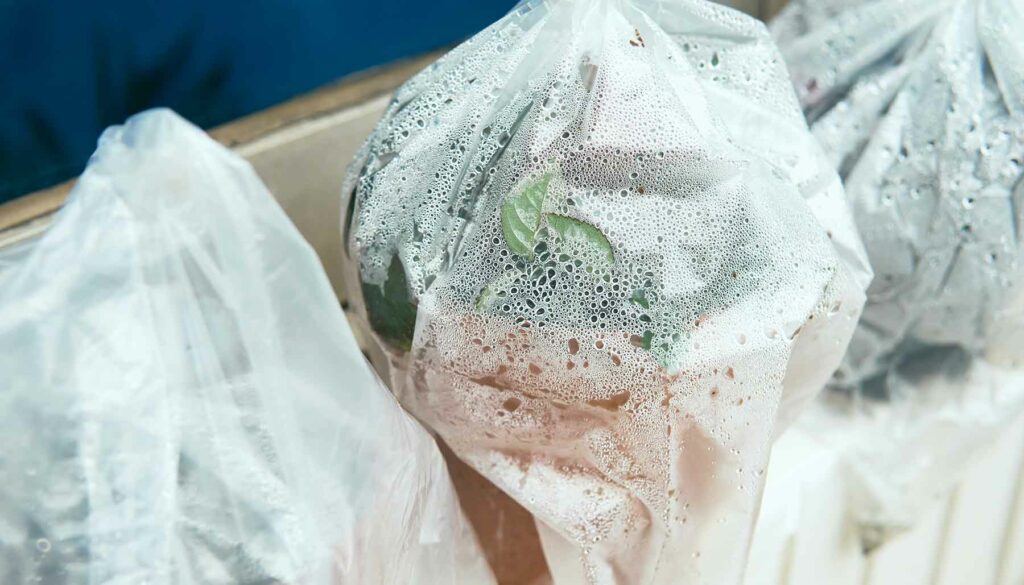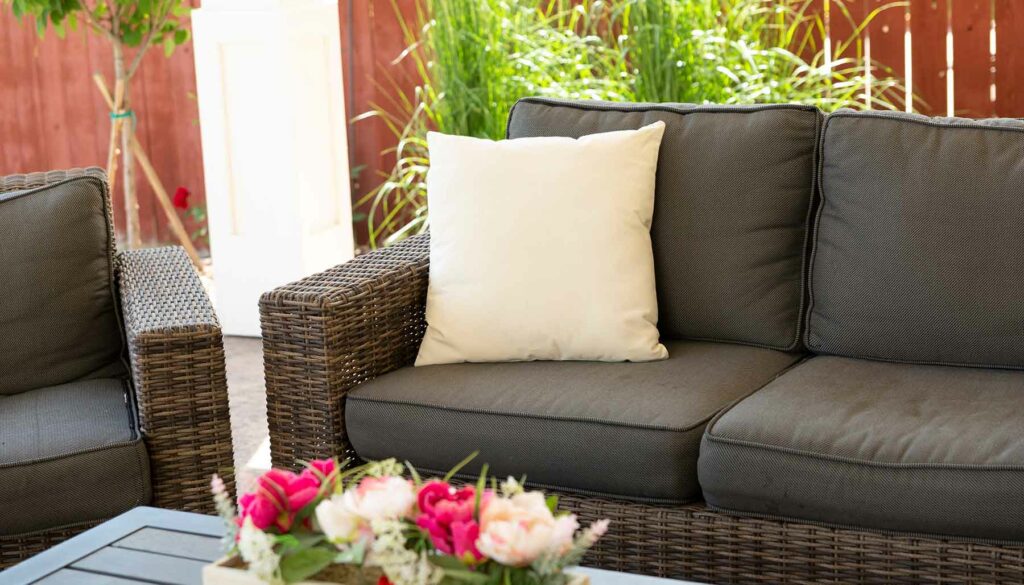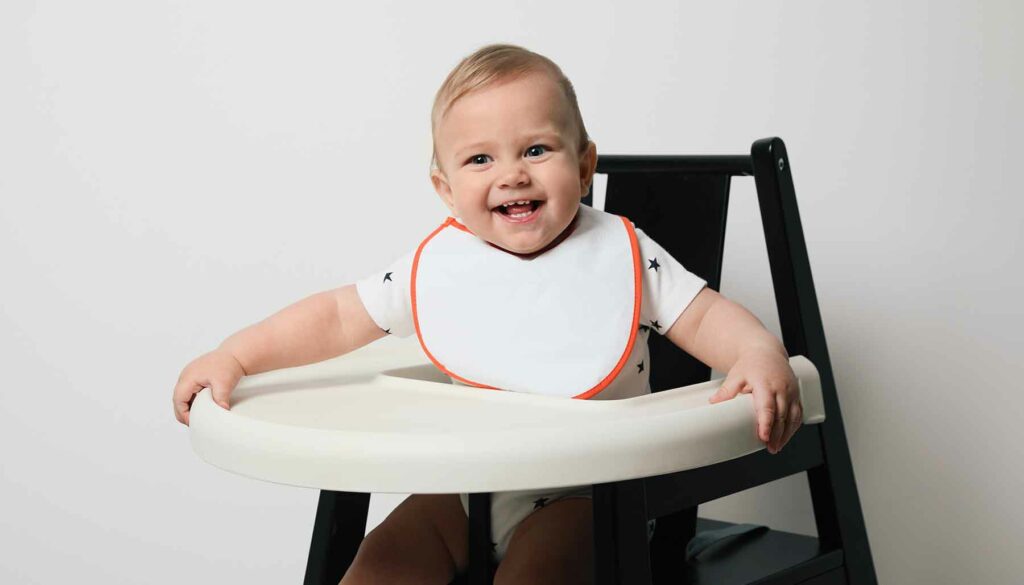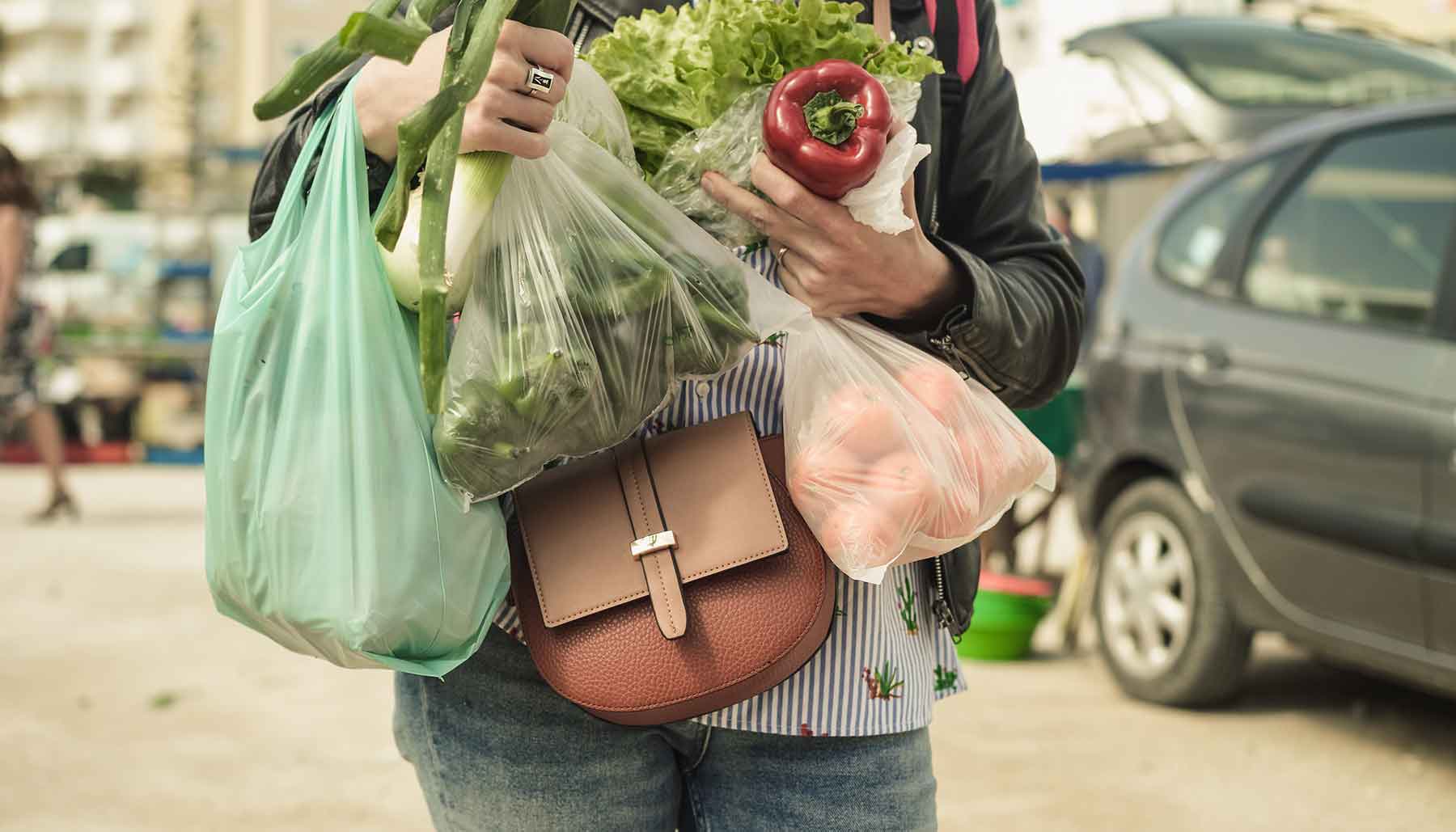By now, I assume everyone knows just how much of a problem plastic is.
I am not blind to the benefits of plastic, of course. The stuff revolutionized the healthcare industry, raised the standard of living for many, and made technological advances possible.
But the flipside of that coin looks pretty bad.
Plastic pollution is everywhere, and it isn’t breaking down. There are plastic objects accumulating all over the planet. Animals are dying from the stuff. Oceans and landfills are overflowing. You’re breathing in microplastics as we speak. Plastic pollution has even reached some of the most remote locations on Earth.

We know where it is all coming from. There is plastic in just about everything these days, from makeup wipes and clothing, down to the chewing gum in your mouth. In case you don’t believe me, here’s all the sneaky places that plastic is hiding in your life right this very moment. It makes ditching plastic pretty darn impossible.
It’s one of the most pressing environmental issues we face. Unfortunately, the plastic problem can’t really be solved by consumers alone. We need to hold corporations accountable for their waste and single-use products. We need to come up with new ways to create more environmentally friendly plastics from renewable sources and plastics that are actually biodegradable.
Reducing the Amount of Plastic in the Environment
But for the time being, there is no reason why we can’t do our best to lessen our plastic use. The obvious choice here is to use less disposable plastic items. You can also support companies that are implementing more environmentally friendly practices and using fewer plastics. No one wants their takeout in a styrofoam container, anyway!

Recycling is another good way to combat plastic waste, though this one is a lot trickier than you might think. Plastic waste isn’t as easily recyclable as we’ve been led to believe, and something like less than 10% of all plastic is actually recycled. I don’t tell you this to discourage you from filling up that recycling bin. It’s just important to understand that we have to do more than just sort recyclables.
Aside from reducing the use of plastics and recycling the ones you can, there’s another way to help the problem: by reusing plastic items when you can. This turns the current (and environmentally detrimental) “linear” waste model into a “circular” one, keeping items from heading straight to the landfill. Here’s how that can keep tons of plastic out of the world’s oceans.
There are obviously some things that you just can’t (or don’t want to) reuse. In some situations, a single-use item is for the best. However, there are plenty of plastic items in our lives that can stick around for a while longer!
One of those just begs for reuse: the simple plastic grocery bag.
Why Plastic Bags Aren’t as Recyclable as You Might Think
Some states have banned disposable plastic bags, and there are other places that have done so at the city or county level. Other places haven’t banned the bags but instead have implemented fees. But for the rest of the United States, these bags are still floating around.
Plastic bags are made out of what is called film plastic. It’s the same stuff used to produce plastic wrap, bread bags, shipping envelopes, sandwich and freezer bags, and other flexible plastic items. None of this stuff goes in the recycling bin with other recyclables. That’s because these lightweight and flexible items will get caught in the recycling equipment. If you throw them in the regular recycling with everything else, they’ll wind up in a landfill.
If you want to recycle your plastic grocery bags and other film plastic, you have to drop them off in a designated spot. Grocery stores and some big-box stores often have collection boxes at the front of the store for them. Anything you put in there needs to be clean and completely dry because if there is any food residue, it will contaminate the entire batch.
From there, they are taken to specialized recycling centers where they have the proper equipment to recycle them. They are usually handed off to manufacturers who make outdoor items, like fences, park benches, picnic tables, and plastic decking. The plastic is broken down, mixed with wood pulp, and heated until it all melds together. The result is a composite lumber, which acts as an alternative to wood. Thanks to the plastic, it stands up to rain and other elements.
Giving Your Plastic Bags New Life
But like I said, plastic grocery bags are just begging for reuse. Besides taking them to a designated recycling drop-off, these disposable bags are actually really useful.
Use Them for Carrying Stuff
Clearly, the best and highest use for these plastic bags is using them to carry stuff. I mean, that’s what they were originally intended for! Whether you need to drop off school supplies on the first day of school, or you’re sending some of your fresh garden produce home with a friend, it’s a second opportunity for that plastic bag to shine.
Protect Plants From Frost

These thin plastic bags make for excellent mini greenhouses. They are thin enough to let some light shine through, but plastic doesn’t breathe by design – so they keep all the warmth inside. You can’t leave them on your plants all the time, but they will help protect your plants in the event of a sudden frost. The plastic will also keep the bitter frost away from the plant’s leaves, along with any snow or other precipitation that unexpectedly shows up.
Use Them for Packing Material
Plastic bags work surprisingly well as packing material, especially when you ball the bags up. This can be useful for both mailing things and for moving. When you’re mailing items and you want to keep them secure so they aren’t banging around, balled-up plastic bags make a great option for packing material – and they are free. Similarly, if you are packing up your valuables before moving, wad up some plastic bags to throw in there. It will keep your fragile items from hitting each other, reducing the chance of breakage.
Make Some DIY Outdoor Pillows

If you love crafting useful items, you can use all those bags to make your own outdoor pillows! Use an outdoor-friendly fabric, or cut up a water-resistant tablecloth to use as the pillow cover. And then, ball up all those plastic bags to use as waterproof stuffing that won’t ever get moldy.
Help Shoes and Purses Retain Their Shapes
If you have a lot of purses and shoes that you love, the last thing you want is for them to end up losing their shape from being stored in a closet. But you can utilize all those grocery bags as stuffing (just like those outdoor pillows!) to help your accessories keep their shape. Just stuff a bunch of plastic bags in there, and you won’t have to worry about your bags and shoes between uses.
Keep Dirt at Bay While Outdoors
Plastic bags can help keep you clean in a few different ways while outdoors. You can actually tie plastic bags around your knees with the wide part of the bag spread across the front, and it will protect your pants from getting dirty while you garden. You can also use plastic bags as shoe covers, to keep moisture, grass stains, and dirt away from your shoes. And if you find yourself needing to pick up something icky, put your hand into a plastic bag before picking it up. Now it’s inside the plastic, and you never had to touch it.
Make Things for Baby

Plastic bags (unsurprisingly) make a great stuffing for a DIY crinkle toy for babies. Not only does it make the right noise, but it’s also waterproof, making it quick-drying and mold-resistant. Those same qualities also make it the perfect choice for an inside layer of DIY baby bibs. Just sew a layer cut from the plastic bag in between the other fabric layers, and it will protect the baby’s clothes underneath.
Use Them as Laundry Bags While Traveling
I like to pack a few empty plastic bags in my suitcase when I go on vacation. It’s because I use them as laundry bags to handle all my dirty laundry. It keeps all the already-worn laundry together, while also separating dirty laundry from the clean stuff I haven’t worn yet. Sure, you can buy mesh laundry bags to take on trips, but grocery bags are free! Similarly, you can also use them for wet laundry. Throw a plastic bag in your beach bag when you pack your things, and it can keep your wet bathing suit from getting all your dry items soaked.
Make Painting Easier
Did you know that you can store wet paint brushes and rollers inside a plastic bag to keep them from drying out? If you run out of time and need to resume your painting project tomorrow, just wrap the brush or roller in a grocery bag, and squeeze out any excess air. The plastic will prevent the paint from drying and ruining your brush. You can also line your paint tray with a plastic bag, making cleanup a breeze.













